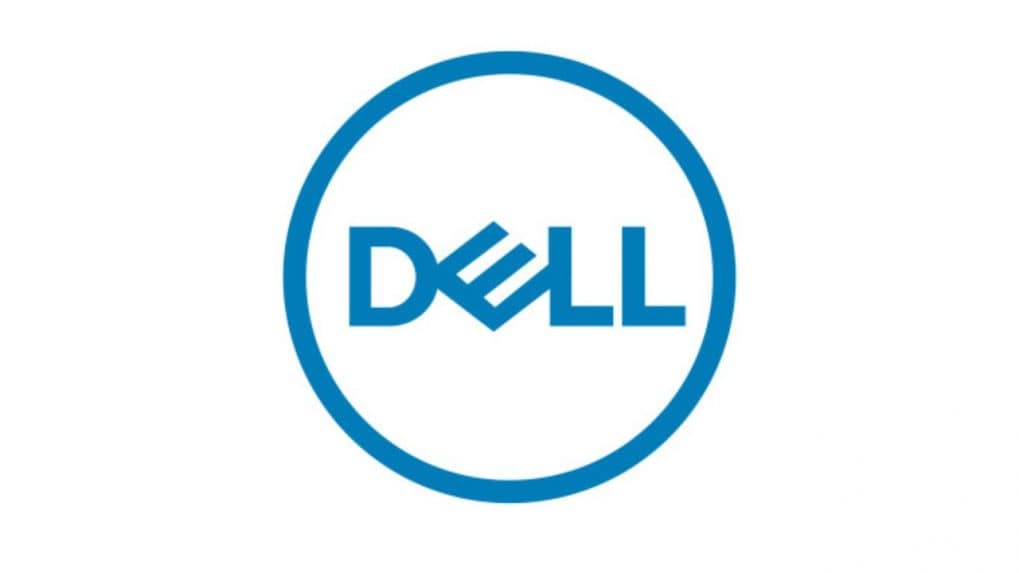Dell faces employee burnout, morale crisis amid AI layoffs
According to Dell’s latest internal "Tell Dell" survey, the company’s Employee Net Promoter Score (eNPS) — a key indicator of employee satisfaction — has nosedived from 63 in 2023 to just 32 this year.
ADVERTISEMENT
As Dell Technologies fast-tracks its artificial intelligence transformation, it is facing a steep internal crisis: a demoralised workforce grappling with burnout, job insecurity, and AI fatigue.
According to Dell’s latest internal "Tell Dell" survey, the company’s Employee Net Promoter Score (eNPS) — a key indicator of employee satisfaction — has nosedived from 63 in 2023 to just 32 this year. This dramatic 49% drop in employee sentiment paints a worrying picture for the tech giant’s internal health.
The dip in morale is attributed to two major drivers - extensive layoffs of Dell, that has cut around 25,000 jobs over the past two years, raising alarm among remaining employees about job security and increasing workloads and aggressive AI adoption: Contrary to expectations, Dell’s pivot to AI hasn’t lightened workloads. Instead, employees report that AI-related tasks are adding complexity and pressure, contributing to what many are calling "AI workload burnout."
Adding to the strain is a stringent return-to-office (RTO) policy, which employees say highlights a disconnect between leadership decisions and on-the-ground challenges.
“It’s not just the layoffs or AI—it’s the pace, the uncertainty, and the constant change without clear support,” said one employee anonymously via internal feedback forums.
Despite the widespread discontent, Dell’s Leader Net Promoter Score remains high at 76, indicating that trust in immediate managers remains strong even as systemic frustrations build.
Dell Responded, “We Know We Have Work to Do". In response, Jenn Saavedra, Dell’s Chief Human Resources Officer, addressed the results in an internal memo. “We know we have work to do. Our people are our greatest strength, and we are committed to making their experience better,” she wrote, acknowledging the dissatisfaction. As companies race to innovate, the human cost of rapid change must be managed with care — or risk triggering talent drain and reputational backlash.


